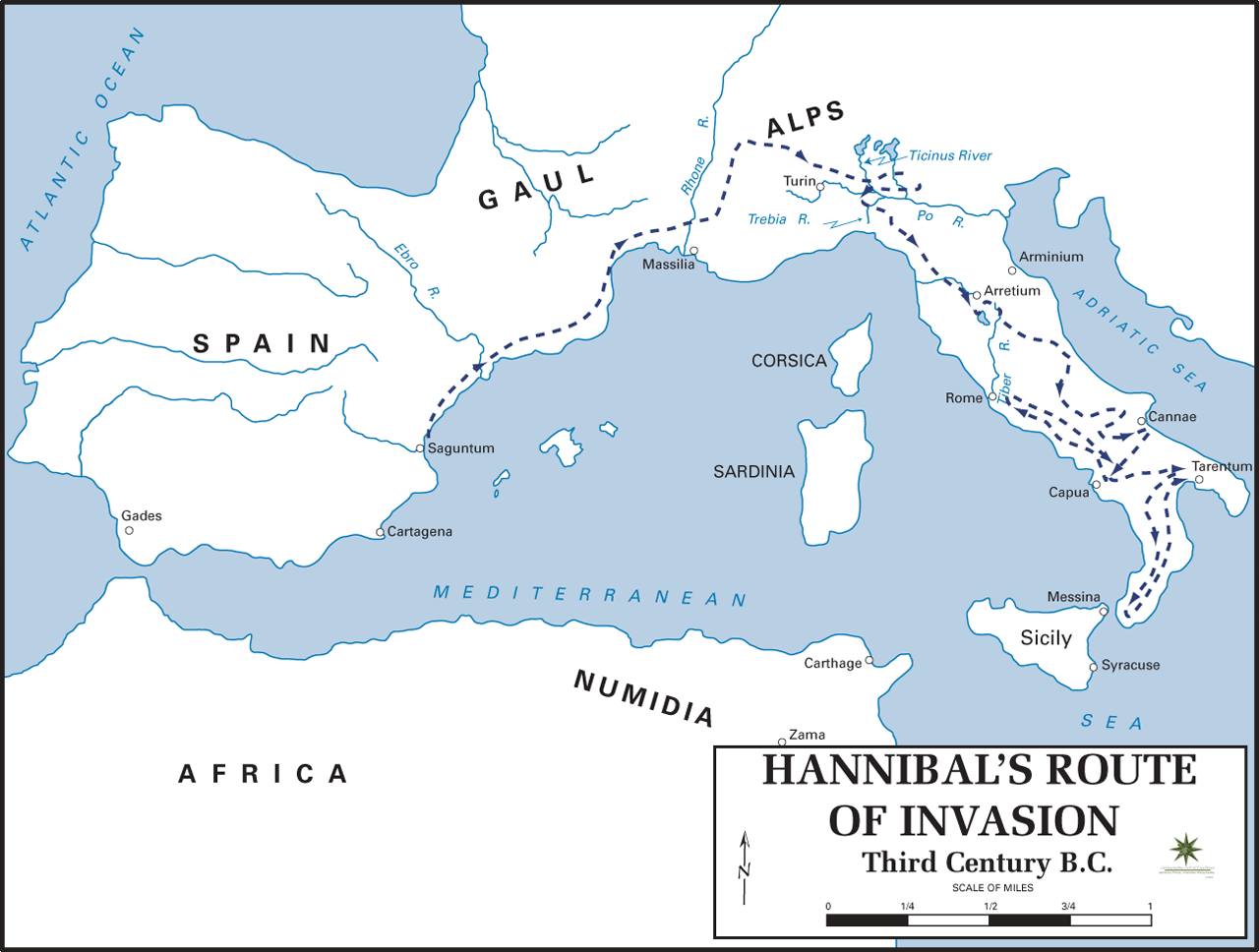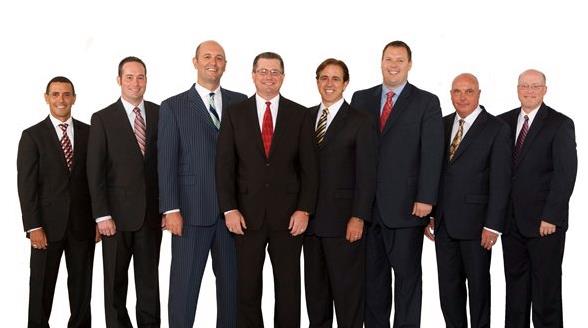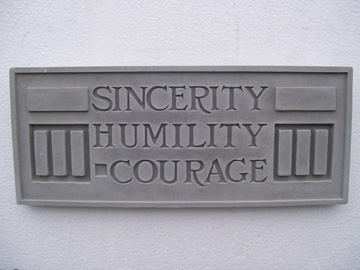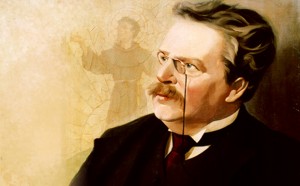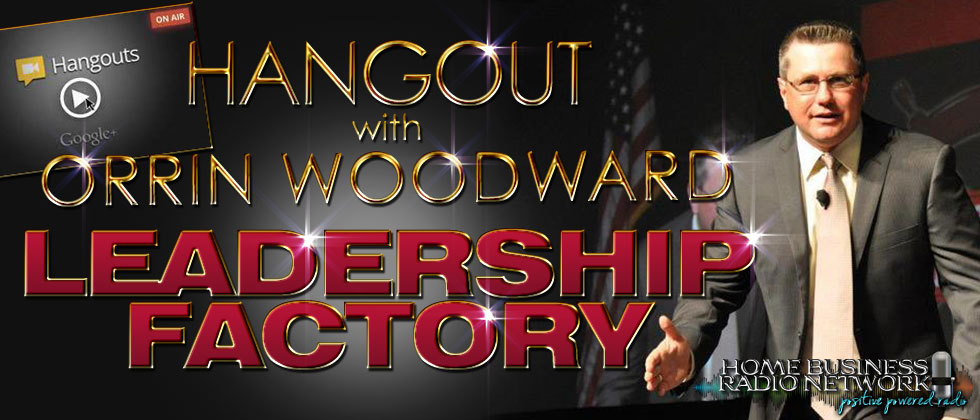I am studying such an interesting period of history—about the ancient Greeks. On one hand, their love of freedom was so deep, they would sacrifice their lives to maintain it. On the other hand, their love of power was so great, they would sacrifice their lives to tyrannize others. How can both of these contrasting thoughts exist inside of one people? In truth, these thoughts exist inside all people, and this is called man’s fallen nature. Man has the capacity for the noblest and ignoblest actions within him, and the history of ancient Greece displays this clearer than practically any historical period. The goal of the LIFE business is to check the Five Laws of Decline (FLD) that I teach in my book RESOLVED: 13 Resolutions for LIFE. The reason I like that there is a group of LIFE founders (Chris Brady, Tim Marks, Claude Hamilton, Bill Lewis, George Guzzardo, Dan Hawkins, and Rob Hallstrand) is that it ensures no one has absolute power, which keeps the FLD in check. I have witnessed first hand the FLD in action, and any company not familiar with these principles is probably affected by them. Here is a portion of the research project I am working on.
Sincerely,
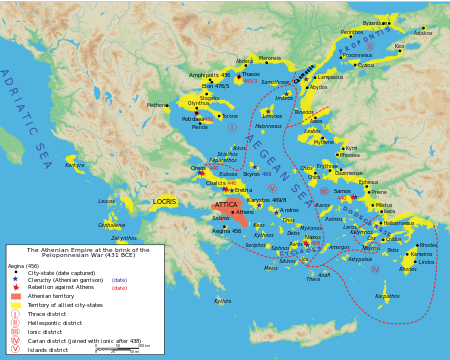 In 477 BC, the Athenians assumed command at sea, forming a league to compensate themselves and their allies for losses suffered by the Persian kings. Persian holdings and allies were successfully attacked to offset Greek losses during the war. The allies formed a synod, in which each city sent a deputy to represent its interest with an equal vote on the board. Additionally, each city pledged either ships or money to the league for its maintenance and campaigns. Aristides, the “just one,” was appointed medon of the league. His unquestioned character, holding the confidence and trust of all deputies, was essential to its early success. He was assigned to fix the “tributes,” paid by each city, that didn’t provide the assigned number of ships to the temple of Apollo at Delos. Cimon, son of Miltiades, was the most competent commander in all of Hellas. He was appointed Commander of the allied fleet. Both were men eminently fitted to make Athens popular with the allies. Furthermore, the alliance was confirmed with solemn oaths and, according to the customs of the day, by sinking of iron into the sea; until the iron bars should reappear, the oaths would be binding. Thus, the Delian League was formed and Greek freedoms were imperiled.
In 477 BC, the Athenians assumed command at sea, forming a league to compensate themselves and their allies for losses suffered by the Persian kings. Persian holdings and allies were successfully attacked to offset Greek losses during the war. The allies formed a synod, in which each city sent a deputy to represent its interest with an equal vote on the board. Additionally, each city pledged either ships or money to the league for its maintenance and campaigns. Aristides, the “just one,” was appointed medon of the league. His unquestioned character, holding the confidence and trust of all deputies, was essential to its early success. He was assigned to fix the “tributes,” paid by each city, that didn’t provide the assigned number of ships to the temple of Apollo at Delos. Cimon, son of Miltiades, was the most competent commander in all of Hellas. He was appointed Commander of the allied fleet. Both were men eminently fitted to make Athens popular with the allies. Furthermore, the alliance was confirmed with solemn oaths and, according to the customs of the day, by sinking of iron into the sea; until the iron bars should reappear, the oaths would be binding. Thus, the Delian League was formed and Greek freedoms were imperiled.
Aristides’ character and Cimon’s competence were an unbeatable combination, producing victories at sea while maintaining peace amongst the Delian allies. The allies, knowing the character and abilities of Aristides and Cimon didn’t worry that control of both the finances and the fighting were both in Athenian hands. They trusted the character of Aristides and the oaths taken by the allies that stated all allies were equal and suppled either ships or money for mutual defense. Cimon reeled off victory after victory against the beleaguered Persian fleet, and Aristides nobly worked with the allies to ensure fair assessments and ships were contributed by all parties. Unfortunately, the poor precedent of Athenian control over the league’s resources was set. In truth, this wasn’t a significant issue as long as Aristides and Cimon were at the helm. However, since no one can lead forever, when Aristides exited the scene, the allied mistake of surrendering complete control to one city (Athens) became apparent. However, this realization was still years in the future for Aristides & Cimon, for the most part, acted honorably towards the allies.
With Aristides and Cimon moderately running the league, many of the allies chose to pay money rather than provide ships. This worked well with character-based leaders. However, with no board to check and balance the Athenians, when new men with new motives arose, the allied reliance on the Delian League’s oaths was in vain. Words are sometimes sufficient to ensure execution, but without board oversight of political leaders, the FLD will kick in, and someone will abuse the contract for personal power. This became all too apparent for the allies during the Naxos rebellion in 470 BC. With Aristides gone, the complaints against Athenian arrogance and mismanagement grew amongst the allies. Naxos was the first to act upon these unresolved complaints, withdrawing from the league in protest. Athens assigned Cimon to blockade its former ally, thus terminating an alliance of equals and initiating the Athenian Empire. Thucydides writes, “This was the first allied State which was reduced to subjection contrary to the league constitution.” Although history has not recorded the specific grievance, this begins a new phase in the Delian League from equal allies to Athenian subjection of other Greek city-states. A generation before, Athenian men willingly sacrificed their lives for Greek freedoms; now they sacrificed their lives to tyrannize other Greeks.
Noted historian Evelyn Abbott describes the metamorphosis of the Greek mind:
A change so striking of necessity excites our curiosity; we would fain trace the steps by which it was brought about. Who was to blame for consequences so disastrous? Was it the Athenians, who in the plenitude of their power destroyed the fair promise of united action in Hellas, in order to establish a maritime empire in the place of an equal league of confederate cities? Or did the allies, in the feverish restlessness of Hellenic independence, refuse to submit to the control inseparable from any form of confederation?
Clearly, we can see the workings of the FLD in the actions of Athens. Whereas before, they fought to maintain the freedoms of the greater Hellas against the Persian oppressors, with the taste of tributes and absolute power, the Athenians transformed into the worst oppressors, hypocritically denying to other Greeks what they valued so greatly themselves.








